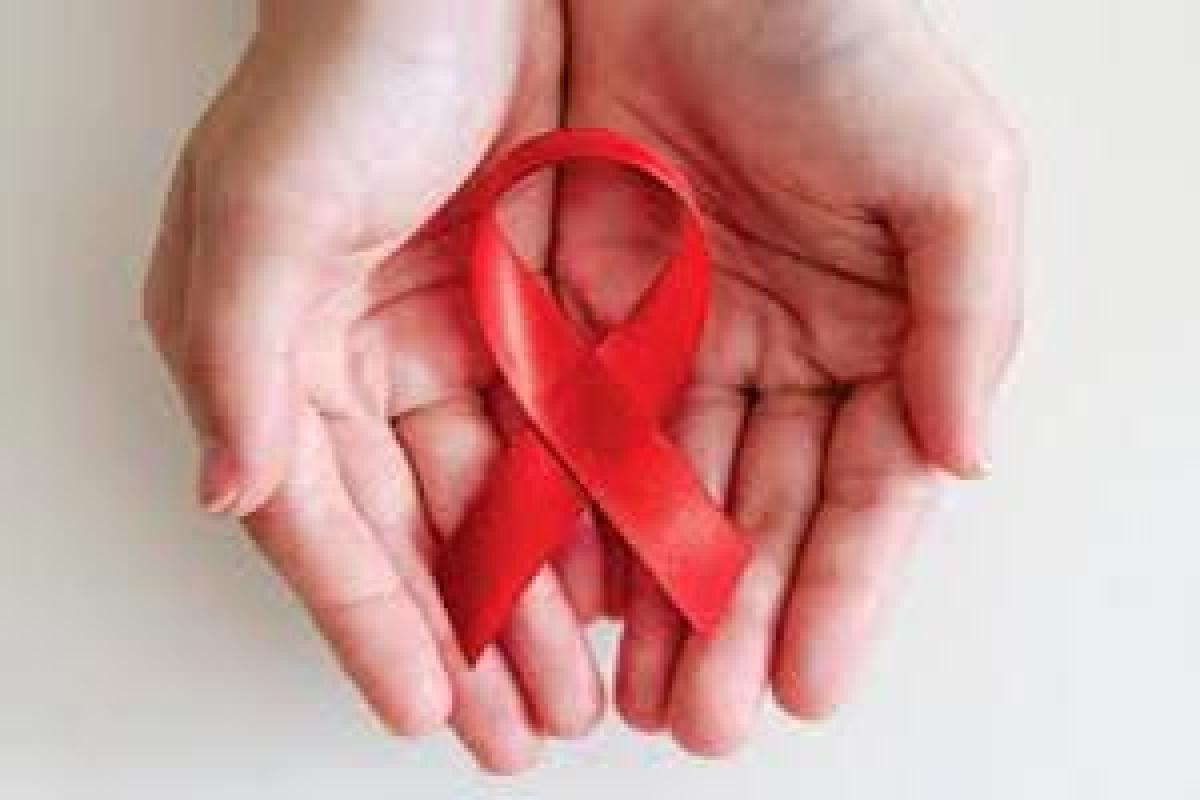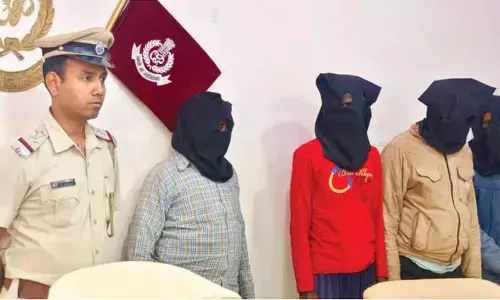HIV Bill Highlights

Lok Sabha passed The Human Immunodeficiency Virus and Acquired Immune Deficiency Syndrome (Prevention and Control) Bill, 2017 on Tuesday. It has already been passed by the Rajya Sabha. The Bill is a long-awaited legislation that seeks to end societal stigma and discrimination of people living with HIV (PLHIVs) and ensure their right to privacy.
Lok Sabha passed The Human Immunodeficiency Virus and Acquired Immune Deficiency Syndrome (Prevention and Control) Bill, 2017 on Tuesday. It has already been passed by the Rajya Sabha. The Bill is a long-awaited legislation that seeks to end societal stigma and discrimination of people living with HIV (PLHIVs) and ensure their right to privacy.
Every HIV infected or affected person below the age of 18 years has the right to reside in a shared household and enjoy the facilities of the household. The Bill also prohibits any individual from publishing information or advocating feelings of hatred against HIV positive persons and those living with them. The Bill requires that no HIV test, medical treatment, or research will be conducted on a person without his informed consent. No person shall be compelled to disclose his HIV status except with his informed consent, and if required by a court order.
Role of the central and state governments: The central and state governments shall take measures to: (i) prevent the spread of HIV or AIDS, (ii) provide anti-retroviral therapy and infection management for persons with HIV or AIDS, (iii) facilitate their access to welfare schemes especially for women and children, (iv) formulate HIV or AIDS education communication programmes that are age appropriate, gender sensitive, and non stigmatizing, and (v) lay guidelines for the care and treatment of children with HIV or AIDS. Every person in the care and custody of the state shall have right to HIV prevention, testing, treatment and counselling services.
Role of the Ombudsman: An ombudsman shall be appointed by each state government to inquire into complaints related to the violation of the Act and the provision of health care services. Cases relating to HIV positive persons shall be disposed of by the court on a priority basis. In any legal proceeding, if an HIV infected or affected person is a party, the court may pass orders that the proceedings be conducted: (a) by suppressing the identity of the person; (b) in camera, and (c) to restrain any person from publishing information that discloses the identity of the applicant.




















